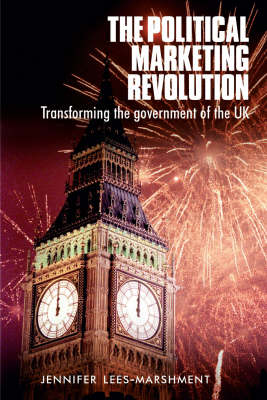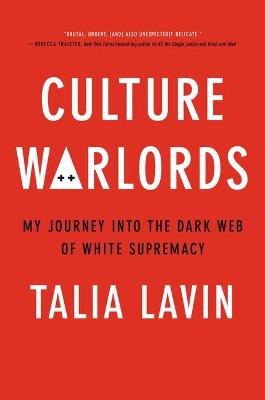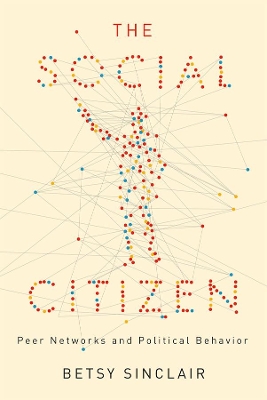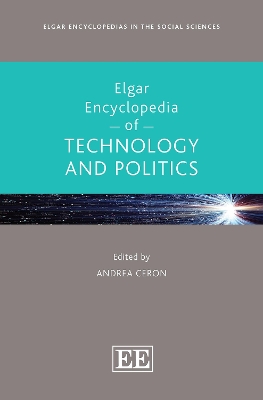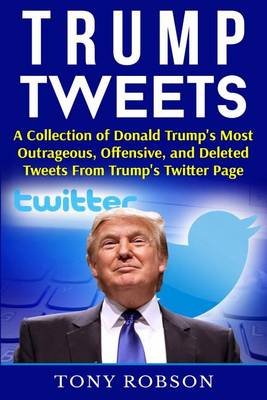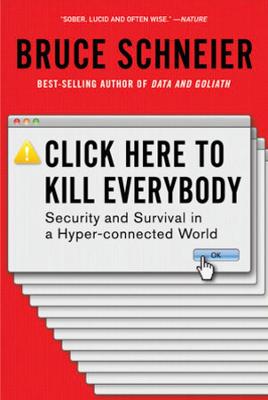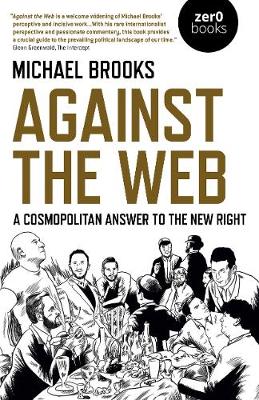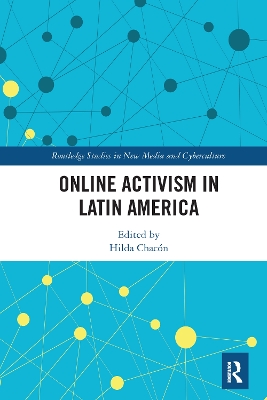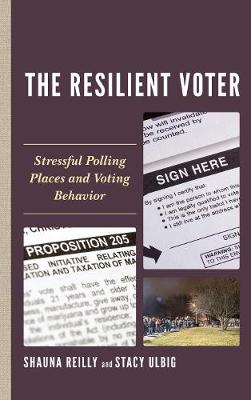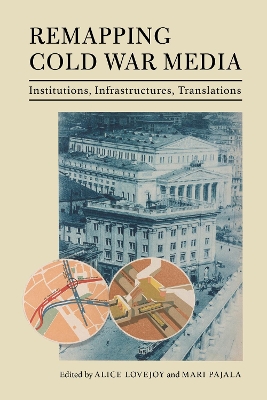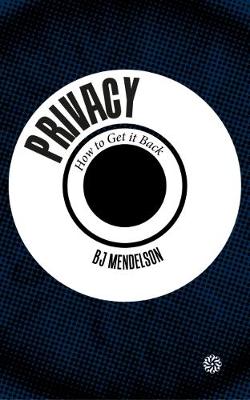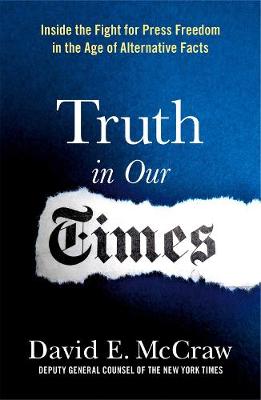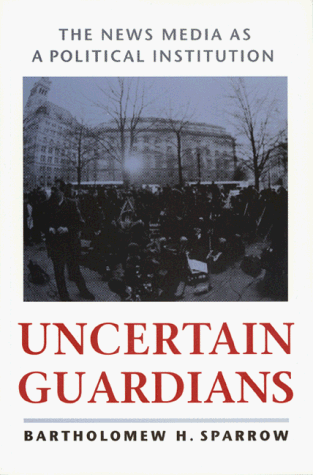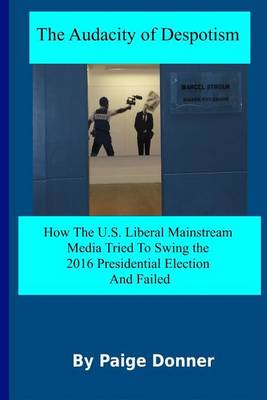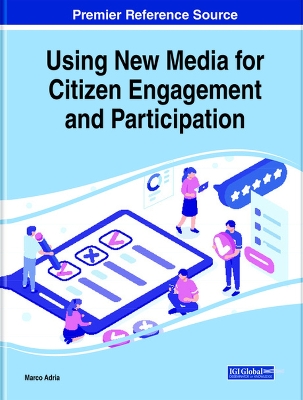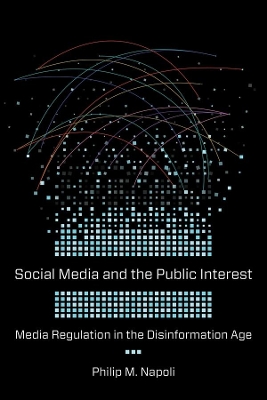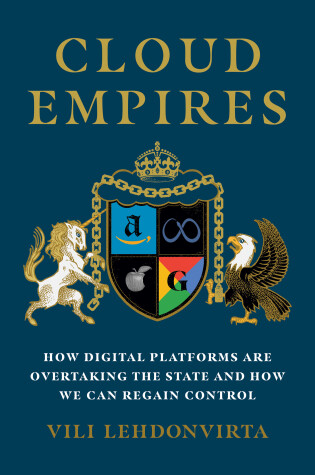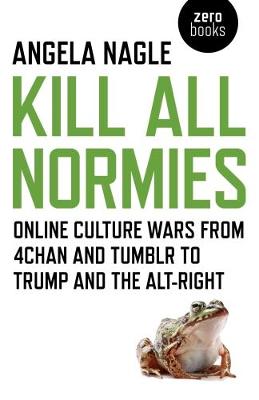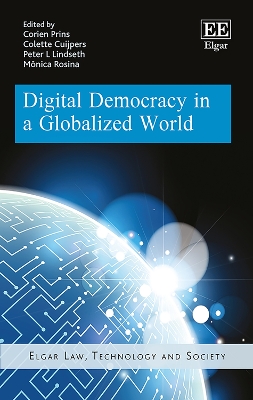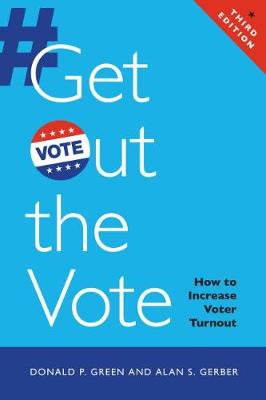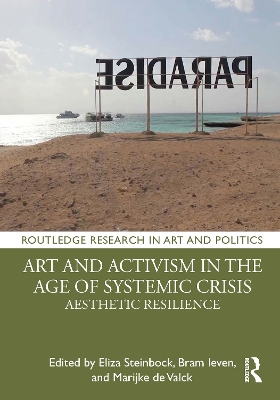The author discusses how British politics is being transformed from a leadership-run system to one dictated by public needs and demands. No longer confined to party politics, organizations including the monarchy, the BBC, universities, local councils, charities and the Scottish Parliament are adopting the tools of market intelligence.
"Lavin writes like her hands are on fire, forcing us to take a hard look at our ugliest truths." - Pamela Collof, The New York Times Magazine & Pro Publica Talia Lavin is every fascist's worst nightmare: a loud and unapologetic young Jewish woman, with the online investigative know-how to expose the tactics and ideologies of online hatemongers. Outspoken and uncompromising, Lavin's debut uncovers the hidden corners of the web where extremists hang out, from white nationalists and incels to na...
The Social Citizen (Chicago Studies in American Politics) (Chicago Studies in American Politics (CHUP))
by Betsy Sinclair
Human beings are social animals. Yet despite vast amounts of research into political decision making, very little attention has been devoted to its social dimensions. In political science, social relationships are generally thought of as mere sources of information, rather than active influences on one's political decisions. Drawing upon data from settings as diverse as South Los Angeles and Chicago's wealthy North Shore, Betsy Sinclair shows that social networks do not merely inform citizens' b...
Elgar Encyclopedia of Technology and Politics (Elgar Encyclopedias in the Social Sciences)
The Elgar Encyclopedia of Technology and Politics is a landmark resource that offers a comprehensive overview of the ways in which technological development is reshaping politics. Providing an unparalleled starting point for research, it addresses all the major contemporary aspects of the field.Divided into five thematic parts, the Encyclopedia investigates the existing academic literature on the main subfields in this area, before introducing innovative digital research methods. It then highlig...
We have created the ultimate hive-mind robot: an Internet of interconnected devices that senses, thinks and acts. Bruce Schneier calls it the “World-Sized Web”. It includes everything from driverless cars to smart thermostats, from billboards that respond to specific people to drones equipped with their own behavioural algorithms. While the World-Sized Web carries enormous potential, Schneier argues that we are unprepared for the vulnerabilities it brings. Cutting-edge digital attackers can now...
"A brilliant critique of the Right with very sharp insight on some of the shortcomings of the Left, this book is a must-read for anyone looking to understand how dishonest actors spread their propaganda." Ana Kasparian, Host and Executive Producer of The Young Turks Michael Brooks takes on the new "Intellectual Dark Web". As the host of The Michael Brooks Show and co-host of the Majority Report, he lets his understanding of the new media environment direct his analysis of the newly risen con...
Online Activism in Latin America (Routledge Studies in New Media and Cyberculture)
Online Activism in Latin America examines the innovative ways in which Latin American citizens, and Latin@s in the U.S., use the Internet to advocate for causes that they consider just. The contributions to the volume analyze citizen-launched websites, interactive platforms, postings, and group initiatives that support a wide variety of causes, ranging from human rights to disability issues, indigenous groups’ struggles, environmental protection, art, poetry and activism, migrancy, and citizen p...
The Resilient Voter (Voting, Elections, and the Political Process)
by Shauna Reilly and Stacy G Ulbig
The Resilient Voter: Stressful Polling Places and Voting Behavior provides a new perspective on the role voting barriers play, demonstrating that they not only discourage participation but also affect the quality of votes cast. Offering an interesting and unique approach to the study of voting barriers, Shauna Reilly and Stacy G. Ulbig investigate the possibility that complicated ballot language, provisional voting, and long polling place lines cause some voters to cast ballots in a manner contr...
Why were Hollywood producers eager to film on the other side of the Iron Curtain? How did Western computer games become popular in socialist Czechoslovakia's youth paramilitary clubs? What did Finnish commercial television hope to gain from broadcasting Soviet drama? Cold War media cultures are typically remembered in terms of an East-West binary, emphasizing conflict and propaganda. Remapping Cold War Media, however, offers a different perspective on the period, illuminating the extensive conn...
In October 2016, when Donald Trump's lawyer demanded that The New York Times retract an article focused on two women that accused Trump of touching them inappropriately, David McCraw's scathing letter of refusal went viral and he became a hero of press freedom everywhere. But as you'll see in Truth in Our Times, for the top newsroom lawyer at the paper of record, it was just another day at the office. McCraw has worked at the Times since 2002, leading the paper's fight for freedom of informatio...
Real-life consequences of the digital divide, and what can be done to close it.More than one-half of the world's 7.7 billion people still do not have access to the Internet, including millions of people in the United States, which has led the digital revolution. Most of these non-adopters whether by choice or circumstance are poor, less educated, people of color, older, or living in rural communities. As the digital revolution is quickly carving out this other America, it's likely that these pe...
Books Are Weapons (Pitt Series in Russian and East European Studies)
by Siobahn Doucette
Much attention has been given to the role of intellectual dissidents, labor, and religion in the historic overthrow of communism in Poland during the 1980s. Books Are Weapons presents the first English-language study of that which connected them - the press. Siobhan Doucette provides a comprehensive examination of the Polish opposition's independent, often underground, press and its crucial role in the events leading to the historic Round Table and popular elections of 1989. While other studi...
The news media are often presumed to be a fourth estate, or fourth branch of government, serving as a check on the other three. In this text, political scientist Bartholomew Sparrow argues that this is a mistaken notion. Instead, the media - print, radio and television - affect policy making just as other political institutions do, whether the Congress, the electoral system, or public administration. The media decide what to report, when, and how, and these decisions affect both the processes an...
Handbook of Research on Using New Media for Citizen Engagement (Advances in Public Policy and Administration)
Recent technological advancements have made it possible to use moderated discussion threads on social media to provide citizens with a means of discussion concerning issues that involve them. With the renewed interest in devising new methods for public involvement, the use of such communication tools has caused some concern on how to properly apply them for strategic purposes. The Handbook of Research on Using New Media for Citizen Engagement provides emerging research exploring the theoretical...
Facebook, a platform created by undergraduates in a Harvard dorm room, has transformed the ways millions of people consume news, understand the world, and participate in the political process. Despite taking on many of journalism’s traditional roles, Facebook and other platforms, such as Twitter and Google, have presented themselves as tech companies—and therefore not subject to the same regulations and ethical codes as conventional media organizations. Challenging such superficial distinctions,...
The rise of the platform economy into statelike dominance over the lives of entrepreneurs, users, and workers. The early Internet was a lawless place, populated by scam artists who made buying or selling anything online risky business. Then Amazon, eBay, Upwork, and Apple established secure digital platforms for selling physical goods, crowdsourcing labor, and downloading apps. These tech giants have gone on to rule the Internet like autocrats. How did this happen? How did users and workers bec...
Kill All Normies - Online culture wars from 4chan and Tumblr to Trump and the alt-right
by Angela Nagle
Recent years have seen a revival of the heated culture wars of the 1990s, but this time its battle ground is the internet. On one side the "alt right" ranges from the once obscure neo-reactionary and white separatist movements, to geeky subcultures like 4chan, to more mainstream manifestations such as the Trump-supporting gay libertarian Milo Yiannopolous. On the other side, a culture of struggle sessions and virtue signalling lurks behind a therapeutic language of trigger warnings and safe spac...
Dirty Tricks in the Digital Age
by Elaine C. Kamarck and Darrell M. West
Digital Democracy in a Globalized World (Elgar Law, Technology and Society)
The transformative impacts of digitalization on society are visible both within nation states and across borders. Information and communication technologies are typically considered beneficial for democracy. Nevertheless, this book explores the challenges that technology brings to democracy, and in so doing advances our understanding of this crucial digital, social and political phenomenon. It contributes to the broader discussion of the relationship between international, national and sub-natio...
The most important element in every election is the voters, and get-out-the-vote (GOTV) campaigns can make the difference between winning and losing. With the first two editions of Get Out the Vote, Donald P. Green and Alan S. Gerber broke ground by introducing a new scientific approach to the challenge of voter mobilization and profoundly influenced how campaigns operate. Get Out the Vote has become the reference text for those who manage campaigns and study voter mobilization. In this expan...
Art and Activism in the Age of Systemic Crisis (Routledge Research in Art and Politics)
This book examines how renewed forms of artistic activism were developed in the wake of the neoliberal repression since the 1980s. The volume shows the diverse ways in which artists have sought to confront systemic crises around the globe, searching for new and enduring forms of building communities and reimagining the political horizon. The authors engage in a dialogue with these artistic efforts and their histories - in particular the earlier artistic activism that was developed during the c...
